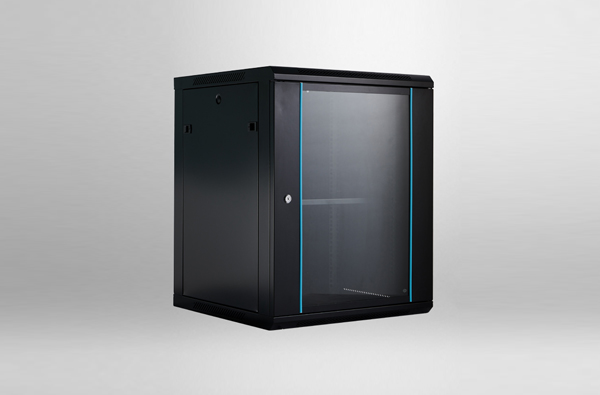Battery cabinet, also known as power battery cabinet or energy storage cabinet, is an important equipment for storing and managing energy in various fields. It is widely used in telecommunications, electric power, transportation, and other industries. In recent years, with the popularization of renewable energy, battery cabinets have become an indispensable part of the energy storage system.
The main feature of the battery cabinet is its high reliability and safety. It is equipped with multiple protection functions such as overcharge and over-discharge protection, over-current protection, short circuit protection, and over-temperature protection. In addition, the battery cabinet has a stable temperature control system to ensure that the battery operates under safe and stable conditions. The cabinet also has an automatic alarm function, which can notify the operator in case of an abnormal situation, improving the reliability of the entire energy storage system.
Another great feature of the battery cabinet is its flexibility. The cabinet is modular in design, which means it can be customized according to different energy storage requirements. The battery cabinet can also be combined with various types of batteries, including lead-acid batteries, lithium-ion batteries, and super-capacitors, which greatly expands its application scope.
Battery cabinets are widely used in various applications such as communication base stations, electricity storage for solar and wind power systems, transportation, uninterruptible power supply, and energy management systems. Among them, battery cabinets used in communication base stations require high reliability and strong resistance to harsh environments. The cabinets used for solar and wind power storage require a high volume efficiency, a long life cycle, and the ability to cope with frequent charge and discharge cycles. The cabinets used in transportation are required to have high energy density and low weight, while the cabinets in uninterruptible power supply system require rapid response and high reliability.
In conclusion, the battery cabinet is an indispensable component of various energy storage systems. With its high reliability, flexibility, and modularity, it can meet the energy storage requirements of different industries and applications. In the future, the development of more advanced battery technology and the continuous improvement of the performance of battery cabinets will undoubtedly promote the wider application of energy storage systems and contribute to the development of a sustainable and green energy industry.



